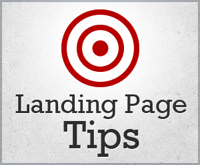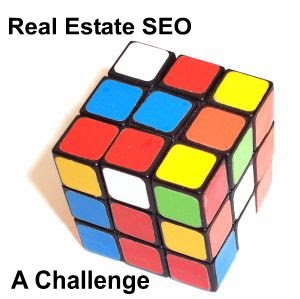 Write Like an Expert
Write Like an Expert
You probably know already that by writing quality articles and blog posts your website is a sure and steady path to becoming an “expert” in you’re the eyes of your audience. If you write well for your target audience you will look far better than the competitor that does not write.
One way that you can write like an expert – and this works for any business or industry – is to take a process that you do and explain how and why you do it to your customer. Show them the value it provides to them as you explain this process.
It’s very easy to do and by communicating this to your audience, you show your audience that you:
- Know about interior design, or
- Know how to run a pet shop, or
- Know how to install satellite dishes, or
- Know how to search engine optimize a website
It’s the difference between someone who tells you they’re a good cook, and someone who can give you a step by step recipe (with tips from experience) that elevates the recipe and their expertise to a new level.
Do not be concerned that you are giving away your trade secrets. You will not make yourself redundant in the eyes of your potential customer. Telling your customer how you do something and the value it brings to them will not prevent you from being hired. When a customer is researching how to get something done . . . researching how to solve a problem they are really looking for someone that can solve the problem for them. They are not looking to do it themselves.
On the other hand they will be more likely to trust and select you if you have a number of articles or blog posts that demonstrates you know what you’re talking about. If your competitors are not demonstrating their expertise then you have the advantage.
Here are some ideas on how to write and demonstrate your expertise:
Write About Details
Pick something very small and specific that you can examine in detail. Do not worry about selecting something too small. Perhaps the smaller the better as details demonstrate that you know the material well.
For example if you eliminate pests from homes you could write about how to protect a home from pests. However, this is very general. You could be more specific and write about how to protect a home from wasps or go even deeper and write about how to protect a lake house from wasps when you are not there. This is how experts write. They do not write in generalities. They write specifically.
Focus On the Process – Leave Your Specific Talent Out of the Article
Here is an example. Let’s say that you are an Interior Designer. You have certain skills that may be very difficult to explain. These skills may be more like instincts. You may have an “eye” for color combinations but would have a tough time explaining how you get the colors just right. This may be too difficult to explain.
You could instead write about your favorite paints for certain situations or your favorite fabrics and why you like them.
If the explanation of a process is not the best for you then you could explain your best tool for doing something and why you like it. If you are an Accountant you may have a favorite piece of software and you are truly an expert in the use of this software. Explain to your reader why you like the software so much. Demonstrate to your potential customers how well you know the software and how this enables you to do a better job for them.
Give Your Readers the “why”
If you really want to seal your “expert” status then give your customers a “why” after explaining each step of your process.
For example:
We often use brand X paint for a child’s room. It never leaves an odor, is very durable and once dry you can wash it clean better than any other paint we know.
Your expertise comes shinning thought with insights such as this. You are more credible in your potential customer’s eyes.
I encourage you to add content to your website by blogging on topics that add value to your customers and potential customer and that also demonstrate your expertise.

 Blog Improvement Ideas
Blog Improvement Ideas Blogging Tips for Real Estate
Blogging Tips for Real Estate Botching Your Search Engine Optimization
Botching Your Search Engine Optimization Real Estate SEO – 8 SEO Tips
Real Estate SEO – 8 SEO Tips What is Link Velocity?
What is Link Velocity? Top-Performing Landing Pages
Top-Performing Landing Pages Why Real Estate SEO is so Challenging
Why Real Estate SEO is so Challenging
 Real Estate SEO – Keyword Research
Real Estate SEO – Keyword Research